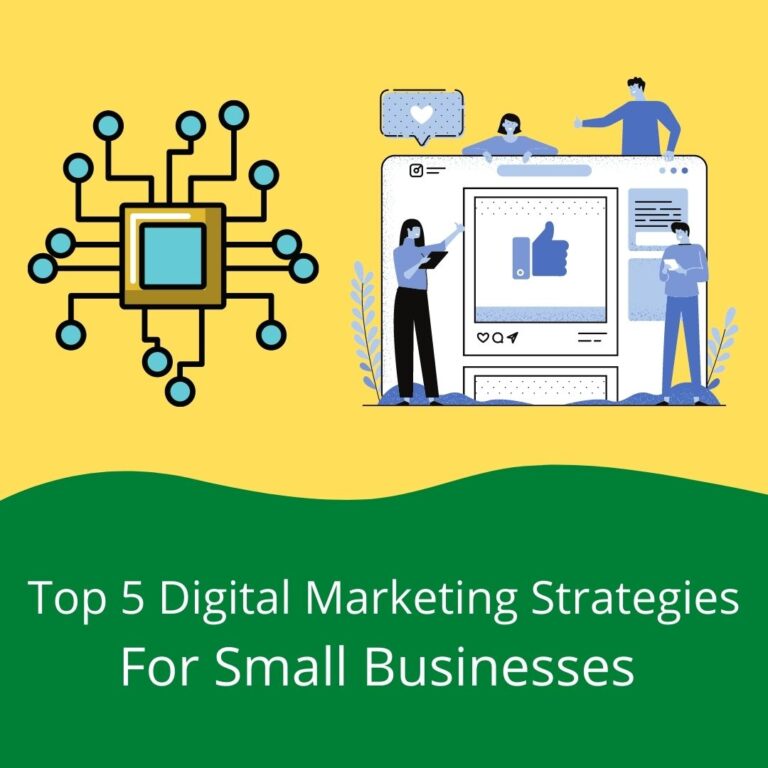
Promoting HCP engagements or interactions may now be considered one of the key drives to success within the current healthcare field. Friending HCPs has been considered in this paper as the best strategy to enhance the healthcare organization’s performance as healthcare advances continuously to gain effective partnerships with physicians to improve patient’s well-being and the quality of healthcare.
A McKinsey survey conducted in 2023 shows that more than 70% of healthcare delivery partners agree with the view that robust collaborations with stakeholders such as pharma companies influence the success of treatment interventions. In addition, there are various new technologies that have been implemented in healthcare and this means that engagement is not only face to face.
According to research conducted by Accenture, an HCPs survey revealed that at least a fourth of healthcare professionals are now using some form of digital tool when interacting with healthcare organizations. Such a shift has implications for the contemporary formulations of approaches to engage HCPs to ensure they are well-informed, supported, and capable of providing optimum care. Read on to learn the importance of effective HCP engagement in the modern healthcare domain.
The New Position of HCPs in Healthcare
In primary, secondary, tertiary, and quaternary healthcare facilities, doctors, nurses, pharmacists, and many other healthcare helpers reach patients and make decisions. Traditionally, the connection between the world’s drug manufacturers, healthcare facilities, and personnel, including HCPs, was mainly business-based, mainly encompassing the provision of goods and marketing. However, with patient and outcome-oriented healthcare, HCPs are no longer just providers of treatments.
HCPs are now viewed as important stakeholders in the healthcare environment or network. Not only do these practitioners provide treatments to their patients but they also control the type of care that will be delivered to the patient, advise the patient on what course of action to take, and implement the latest form of therapy into their practice systems. That is why, according to a study published in the National Center for Biotechnology Information in 2023, more than 60 percent of healthcare employees become participants in decision-making on the use of new technologies, therapies, and medications.
It raises the notion of effective communication with HCPs, nurturing their interest, supplying them with proper knowledge and materials which can be used in decision-making, and emphasizing the aspects of a strong relationship with them.
The Digital Technologies in Health Systems
A tremendous change to the healthcare system within the past ten years is the rise of almost everything that is related to technology. There is increasing innovation in the use of digital products across the healthcare sector as the industry seeks to transform the connection between HCPs and other players in the system, including pharmaceutical industries and manufacturers of medical technologies. Now well over 72% of these healthcare providers have embraced the use of digital tools like e-records, telehealth, and mobile health applications, to mention but a few, as indicated in a Pew Research Center report.
Mobile and web-based communication has been incredibly useful to keep HCPs educated and connected with them where they get updated with new research, clinical trial results, and drug information at their disposal. Owing to advanced uses of technology in telecommunication, HCPs can get real-time updates, training, and virtual meetings that form the basis for better decision-making. More to the point, the data from Accenture’s survey conducted in 2023 demonstrate that 23% of healthcare professionals claimed that digital tools help enhance their capacity to help patients.
Patient-Centric Care: The Key to Better Outcomes
In today’s world, the major focus is more on patient-centered care as opposed to illness-centered care. Probably, this approach involves the development of treatment processes that will address the patient’s specific needs, interests as well as health conditions. The role of HCPs in this approach is significant mostly because it involves HCP engagements with patients: HCPs are the ones who deliver patient care strategies, suggest therapies, and provide the patient with insight into a health condition.
But real patient-centric care requires not only timely and accurate information on treatments but also the tools and backup HCPs require to do their best for their patients. This way you successfully engage healthcare professionals, just to be certain they have everything to make the right decisions for their patients.
Establishing Long Term Business Relationships
Another requirement for successful HCP engagement is maintaining long-term synergistic relationships. It is not just confined to the exchange of contacts and creates a conducive climate of trust, inputs and goals to work. These are major areas that, when healthcare professionals identify the organizations as acting as partners to enhance patients’ care, they are likely to have constructive and active interaction with them.
Evaluating HCP Engagement
Evaluating engagement efforts made towards HCP is crucial in a way that guarantees that the implemented strategies will represent value and response as intended. Despite the fact that engagement can be measured by conventional measurements such as sales and prescriptions, a broad approach is to measure HCP satisfaction, their cooperation and, finally, improvements in patients’ conditions.
Some examples include understanding HCP involvement in the educational webinar, the content consumers’ interaction with digital material, and what the providers themselves say about the effectiveness of the product.
Elevate Your HCP Engagement with Newristics
It goes without saying that with the constant development of the healthcare system, such a factor as HCP engagement is critically significant. Today’s complex healthcare system means that healthcare organizations need to have sustainable partnerships with HI professionals rather than simple business exchanges.
For organizations that seek to develop strategies to increase HCP engagement, Newristics provides the perfect combination of behavioral science and messaging Artificial Intelligence. Newristics serves the pharma business as a market leader in pharma messaging services that include content, market research, and messaging services for proper omnichannel messaging. Newristics is the solution used by the biggest 20 pharma businesses and many brands to help engage HCPs and achieve better results to benefit both the healthcare professionals and the patients.
Write and Win: Participate in Creative writing Contest & International Essay Contest and win fabulous prizes.


